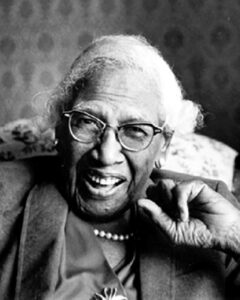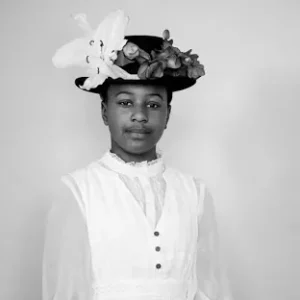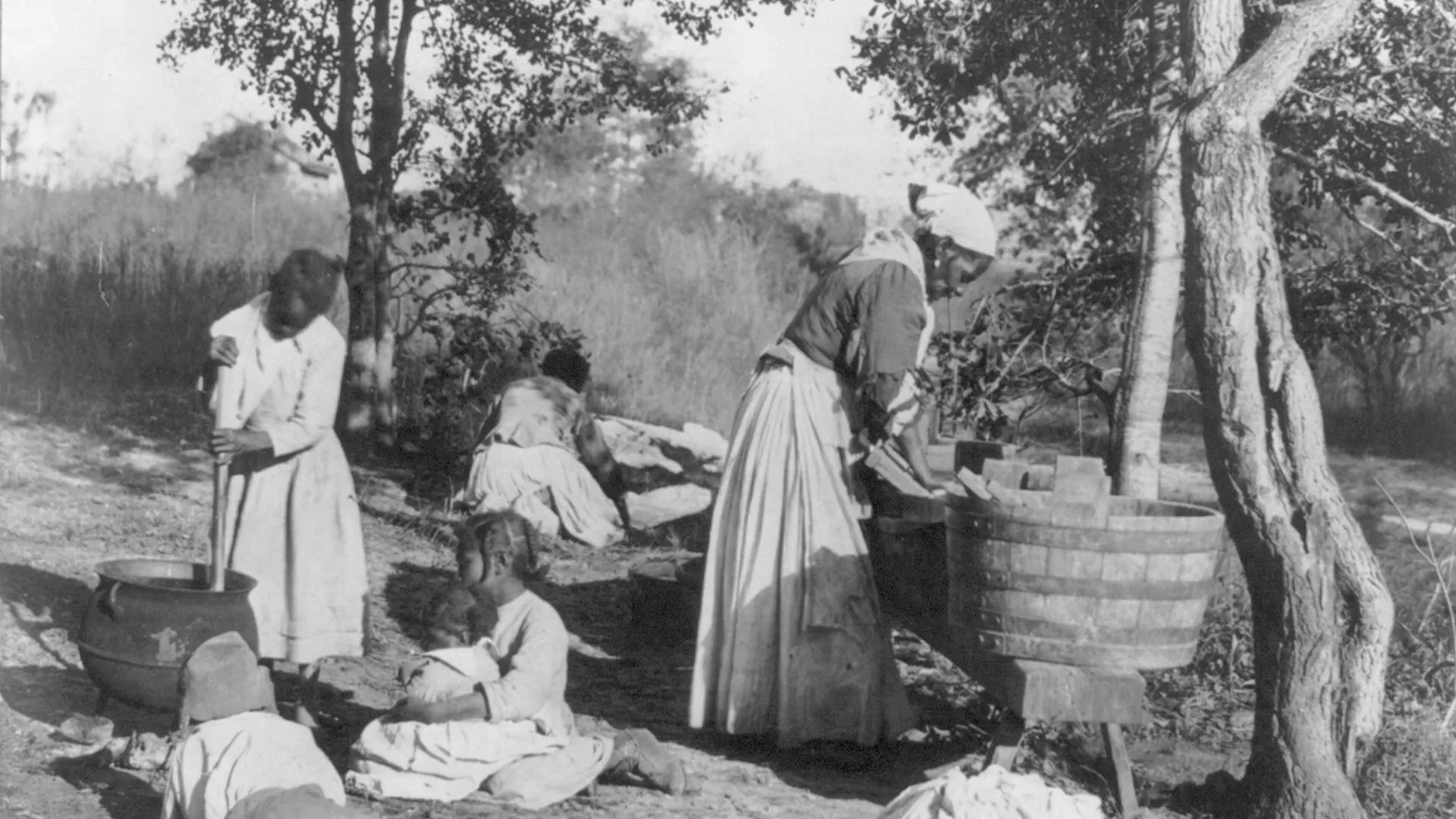By Levi Perrin
In the aftermath of the Civil War, as the United States grappled with Reconstruction, Black women – both formerly enslaved and free – emerged as a force in the labor movement. From laundresses in the 19th century to today’s domestic workers, their collective actions have been pivotal in demanding labor rights and dignity for Black women and all workers.
In the sweltering summer of 1881, 20 Black laundresses in Atlanta formed the Washing Society, a trade organization dedicated to securing better wages, respect, and autonomy over their work. They established a uniform rate of $1 per dozen pounds of laundry and, with the support of Black clergy, called for a citywide strike on July 19. Their numbers swelled rapidly, growing to 3,000 members within three weeks. These women employed door-to-door canvassing to rally support, even reaching out to white laundresses—an extraordinary act of interracial solidarity for the era.
Despite facing arrests, fines, and intimidation from city officials, the strikers remained resolute. Their unwavering determination not only led to increased wages but also inspired other domestic workers, including cooks and maids, to demand better working conditions.
The strike underscored the indispensable role of Black women in the New South’s economy and challenged societal norms that sought to render them invisible.
The spirit of resistance demonstrated by the Atlanta washerwomen set a precedent for future labor movements. In 1866, just a year after the Civil War, Black laundry workers in Jackson, Mississippi, went on strike to secure fair wages, recognizing the dependence of white households on their services.
Fast forward to the 20th century, and figures like Dorothy Bolden emerged as pivotal leaders. In 1968, Bolden founded the National Domestic Workers Union of America, organizing over 10,000 members to advocate for better wages and working conditions. She emphasized the importance of communication and negotiation, teaching domestic workers how to assert their rights and demand respect for their labor.
Many Black women throughout history were unsung heroines of worker’s rights.

Rosina Corrothers Tucker
Rosina Corrothers Tucker, born the same year of the Atlanta labor action of 1881, helped form the Brotherhood of Sleeping Car Porters, the first Black labor union recognized by the AFL-CIO. She also organized laundry and domestic workers. She lived to 105 and was an active labor force until her passing. At 100 she narrated a documentary of the Sleeping Car Porters, Miles of Smiles.Years of Struggle.

Nannie Helen Burroughs
Nannie Helen Burroughs, another freedom stalwart who contributed to labor, education and migrant rights, founded the National Association of Wage Earners in 1921, fighting for the rights of Black domestic workers and working-class women through education and policy advocacy. She also established the National Training School for Women and Girls and was a mentor to legions of activists in the emerging civil rights movement.
These women were part of a broader movement that extended beyond domestic labor. Clara Day, a leader in the Teamsters union, fought for the rights of warehouse workers and addressed issues of workplace discrimination. Maida Springer Kemp, a labor organizer in the garment industry, went on to advocate for workers’ rights internationally, becoming a crucial link between U.S. labor movements and African workers’ struggles.
Today, the legacy of these early labor movements is evident in organizations like the National Domestic Workers Alliance (NDWA). In 2015, the NDWA launched We Dream in Black, an initiative aimed at building the collective power and visibility of Black caregivers, nannies, and professional cleaners. This collective invests in Black worker organizing infrastructure, particularly in the South, where anti-labor policies have historically posed challenges.
The impact of such initiatives is profound. Black women are increasingly taking leadership roles in labor unions, transforming priorities to focus on issues like family-friendly benefits, healthcare, and protections against sexual harassment. Their presence has led to significant strides in workplace equity, reshaping union policies and representation.
The journey from the Atlanta washerwomen’s strike to today’s labor movements is a testament to resilience, solidarity, and an unwavering demand for justice. These pioneers have not only fought for their rights but have also laid the groundwork for future generations to continue the struggle for equitable labor practices. Their stories serve as powerful reminders of the enduring strength and agency of Black women in labor and life, refusing to be erased and demanding that their contributions be recognized and respected.
Joshua Levi Perrin is a writer for Unerased | Black Women Speak.



